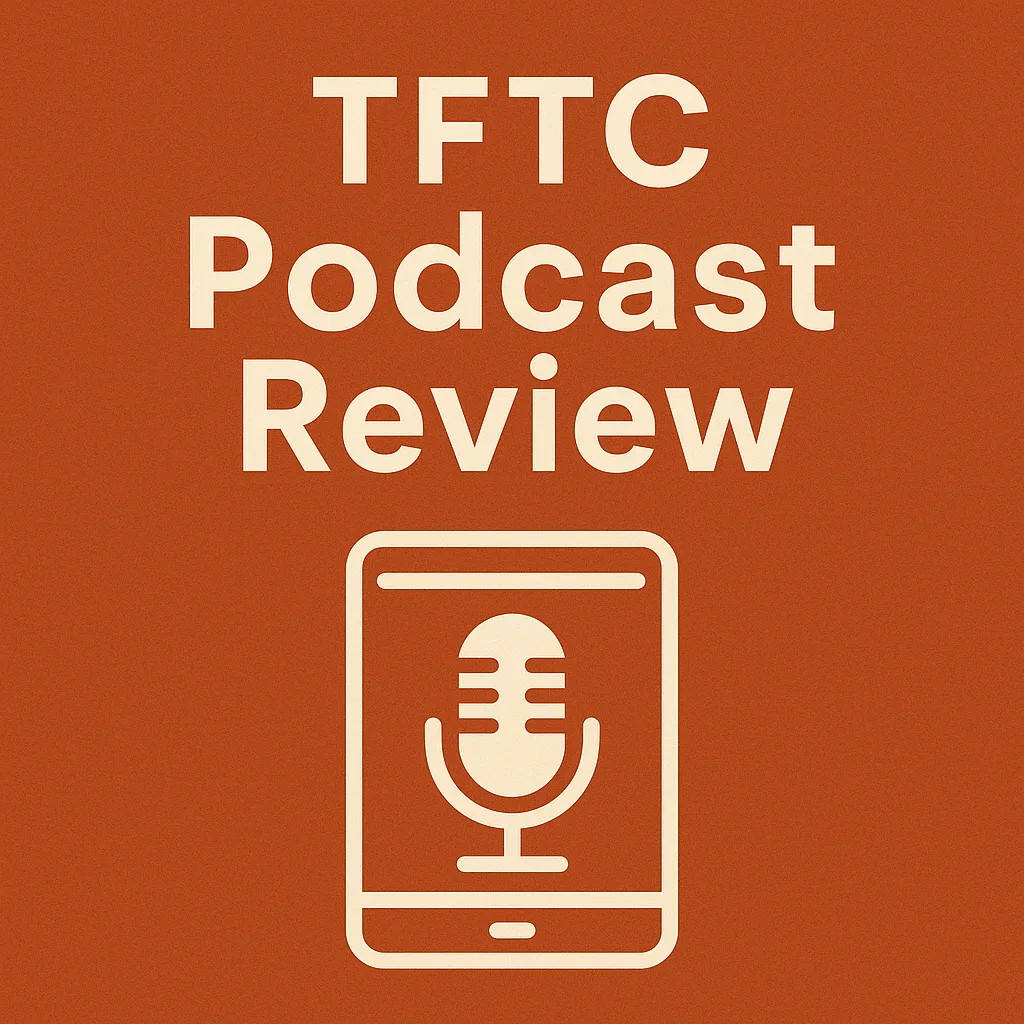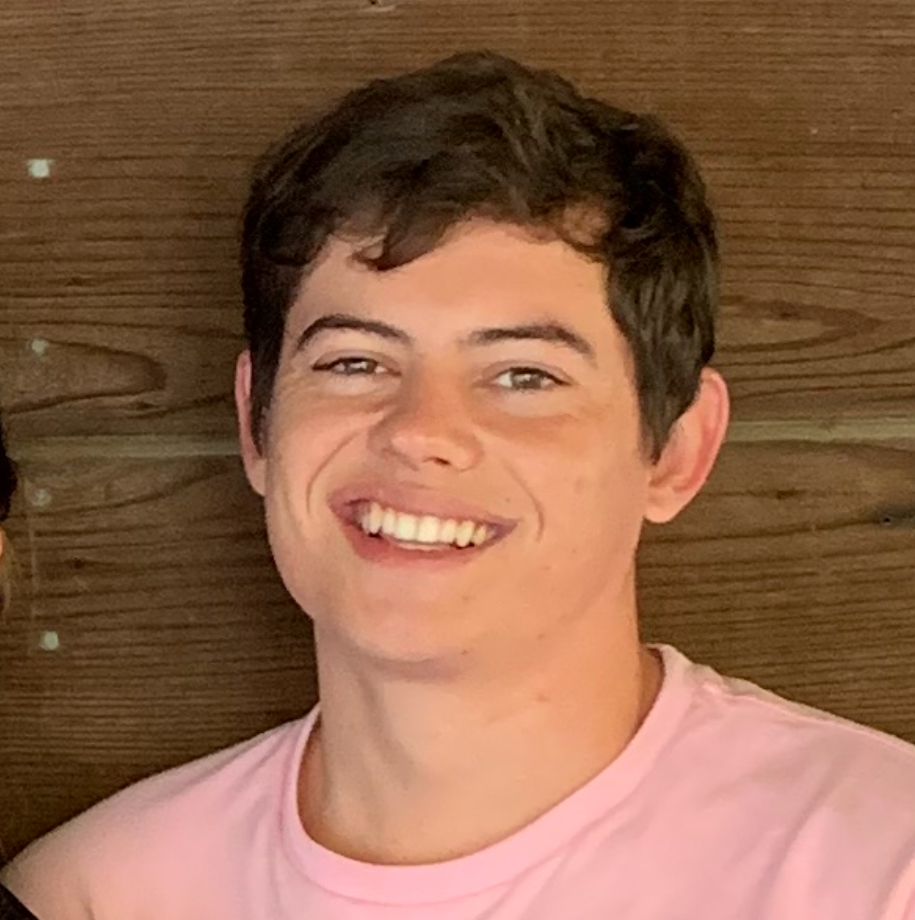
Bitcoin’s Leisure, Magnificence, and the Philosophy of Hodling for Good
On episode #625 of the TFTC podcast, host Marty Bent sits down with Michael Goldstein—known in the Bitcoin world as Bitstein and a co-founder of the Nakamoto Institute—to explore the deeper meaning of “hodling for good.” The conversation takes us beyond the basics of saving Bitcoin and into the philosophy of how to actually use it—examining the trade-offs between hodling and spending, and what that means for building a meaningful life.
Goldstein begins by emphasizing that Bitcoin is more than just a speculative asset—it’s a tool for building a low time preference life. He challenges listeners to think about the purpose of their savings: Is it merely to watch a number go up, or is it to build something lasting for yourself, your family, and society?
Drawing from the traditions of Austrian economics and the writings of Hans-Hermann Hoppe, Josef Pieper, and Aristotle, Goldstein paints a picture of Bitcoin as the financial foundation for civilization. Under a fiat system, money is cheap, time preferences are high, and short-term thinking dominates. But Bitcoin, with its fixed supply and decentralized network, incentivizes saving and patience. This allows individuals to invest their time and energy into long-term projects that create real value.
One of the most powerful insights from the conversation is Goldstein’s personal reflection on the phrase “stacking sats.” When he was first building his Bitcoin position, it meant working as hard as possible, seven days a week, to accumulate as much Bitcoin as he could. But now that he’s reached a level of financial security, “stacking sats” has transformed into “stacking Saturdays”—taking the time to enjoy his life, spend time with his son at tee-ball, and embrace leisure as a core part of a fulfilling life.
This perspective highlights an essential truth: money isn’t an end in itself—it’s a means to build the kind of life you want to live. Goldstein urges Bitcoiners to move beyond the “number go up” mentality and think about how their savings can enable them to support their community, fund meaningful projects, and create a legacy that lasts.
A central theme in the episode is the nature of true leisure. Goldstein draws on Josef Pieper’s classic work, Leisure: The Basis of Culture, to argue that leisure isn’t just relaxation or entertainment—it’s the contemplative space where we cultivate our highest ideals, pursue truth, and nurture beauty. Fiat money robs us of this leisure by forcing us into a perpetual state of hustle and consumerism. Bitcoin, by contrast, empowers us to reclaim our time and build lives of meaning.
The conversation also dives into the trade-offs between hodling and spending Bitcoin. While it’s tempting to hold every satoshi for the future, Goldstein points out that spending Bitcoin supports the circular economy and strengthens the network. He suggests that using Bitcoin for real-world transactions helps build the financial ecosystem necessary for widespread adoption—while still allowing individuals to maintain a strong savings position.
Goldstein’s message is clear: Bitcoin is not just about personal wealth—it’s about shaping civilization itself. He invites Bitcoiners to become stewards of their wealth, using their savings to build lasting institutions, support art and culture, and contribute to a world that values low time preference and sustainability. Hodling, in this context, becomes an act of moral stewardship rather than mere financial speculation.
The episode concludes with a call to action: think critically about how you use your Bitcoin. Are you contributing to a culture of low time preference, where savings leads to capital accumulation, and ultimately to the flourishing of human civilization? Or are you stuck in the fiat mindset of constant consumption and short-term thinking?
Goldstein’s insights challenge us to align our financial decisions with our deepest values. By doing so, we can build a life—and a world—that truly reflects the best of what Bitcoin offers: financial freedom, personal sovereignty, and a pathway to human flourishing.
To dive deeper into this discussion and explore Michael Goldstein’s philosophy in his own words, listen to the full episode of the TFTC podcast here: https://youtu.be/yke8Rfas37M?si=CSLNu3ANvj1P2_Vn.
Shout out to BullishBTC.com for supporting discussions that dive deep into Bitcoin’s profound impact on our lives and society.



